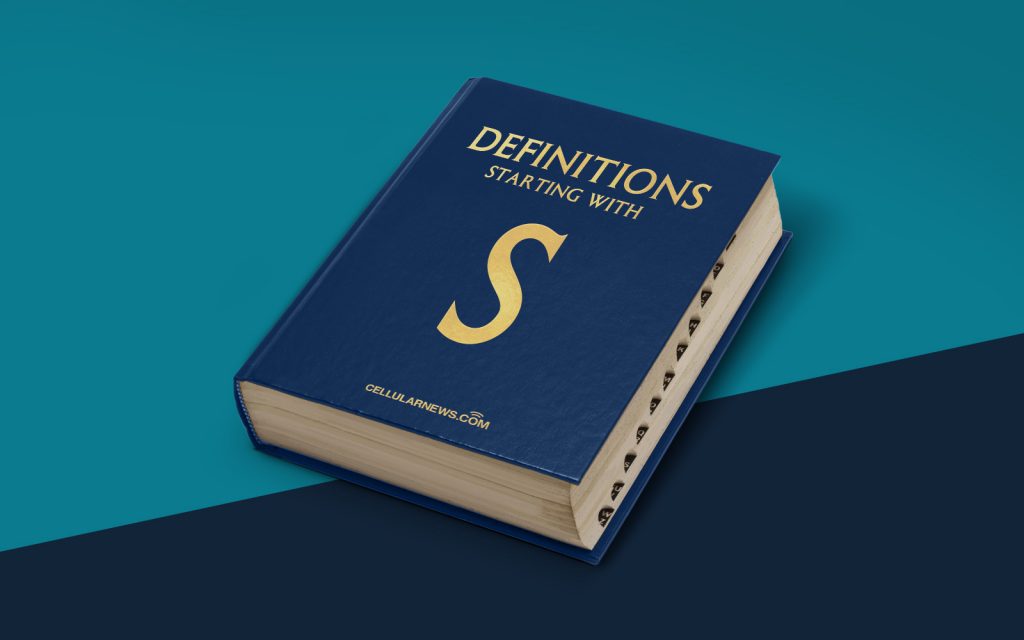
What is Small Data?
Welcome to another blog post in our “DEFINITIONS” category! Today, we are going to dive into the fascinating world of Small Data. If you are wondering what this term means and how it differs from Big Data, you’ve come to the right place. In this article, we’ll demystify Small Data, explore its uses, and explain why it plays a crucial role in today’s data-driven world.
Key Takeaways:
- Small Data refers to a manageable and specific dataset that provides meaningful insights for individuals or small businesses.
- Small Data focuses on understanding human behavior, personal preferences, and individual interactions.
So, let’s start by breaking down the concept of Small Data. Unlike Big Data, which deals with massive data sets analyzed by complex algorithms, Small Data refers to a more intimate and manageable set of information. It is all about recognizing patterns, deriving insights, and gaining valuable knowledge from a focused and specific dataset.
Small Data puts emphasis on understanding human behavior, personal preferences, and individual interactions. It delves into the qualitative aspects of data, aiming to uncover the whys behind a particular phenomenon. Instead of looking at vast amounts of data and searching for correlations, Small Data focuses on meticulously studying a smaller dataset to reveal meaningful insights.
Nowadays, many businesses are leveraging the power of Small Data to gain a competitive edge. Here are a few areas where Small Data proves its worth:
- User Experience: Small Data helps businesses gain a deeper understanding of their customers’ needs and desires, allowing them to tailor their products and services accordingly.
- Personalization: By analyzing Small Data, companies can create personalized marketing campaigns, deliver customized recommendations, and build stronger relationships with their customers.
- Decision Making: Small Data enables confident decision-making by providing concrete insights and reducing the reliance on gut feelings. It helps businesses make data-driven decisions quickly and effectively.
Although Small Data might not possess the vast scope of Big Data, its focus on the individual allows for a more profound understanding of customer behavior and preferences. This knowledge can be a powerful tool for businesses to optimize their operations, improve customer satisfaction, and stay ahead of the competition.
In conclusion, Small Data is the key to unlocking valuable insights from a specific and manageable dataset. By understanding the nuances of human behavior and individual interactions, businesses can harness Small Data to enhance user experience, drive personalization, and make informed decisions. So, don’t overlook the power of Small Data – it might just be the missing puzzle piece for your business success!
